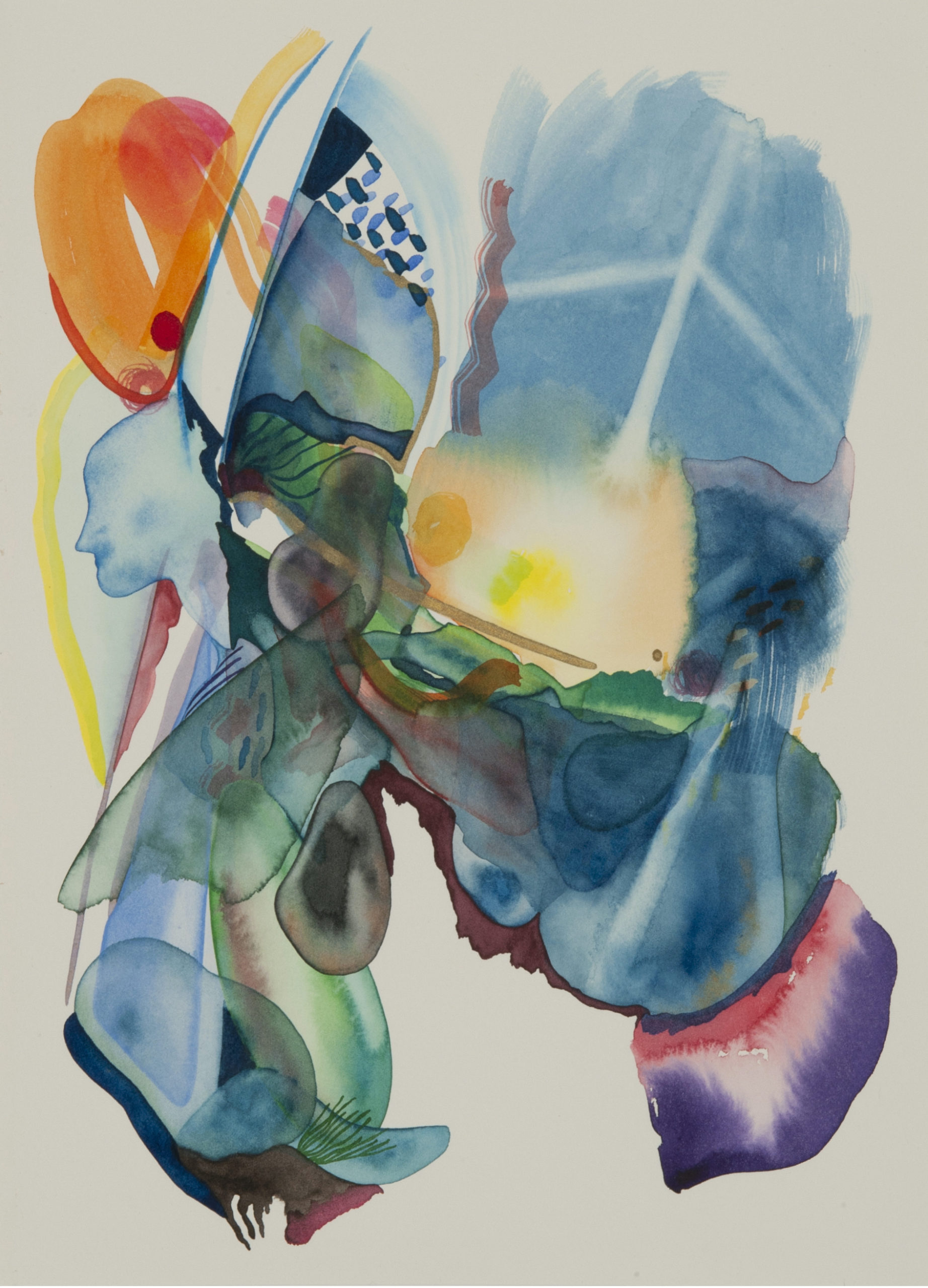Matryoshka Dolls
It’s strange to think these endless plains formed me.
Or at least the oldest, tiniest version of me.
I’m making the flat, dull drive between Fargo and Grand Forks. The billboards along the highway are the only way to mark progress along the terrain. The signs tell me so much about the people here, too. Somewhere between Budweiser’s pride at using North Dakota barley and the Farm Crisis Rescue Service hotline lies an essential truth I’m not privy to.
The oldest, tiniest version of me weighs deeply in my gut. I’m like a set of Russian nesting dolls, each version hidden but still there if you crack open the layers. Each doll is closely tied to a place. They can be labeled, sectioned off: North Dakota 1986-1993, Texas 1993-1997, and so on, until all the space inside the largest doll is filled.
There’s a Russian name for those dolls. I should google it later.
*
An hour later, I relinquish my place in the straight line of cars heading north and pull into Grand Forks. Downtown is under heavy construction and the GPS fails me. With no place to turn around, I’m stuck crossing the bridge into Minnesota. That minuscule change in geography makes me an outsider once again.
I pull into a parking lot along the water’s edge and look across the river at Grand Forks. The water is immaculately still. I get out and snap a photo of the underwhelming skyline. As I turn back toward the car, for the first time I notice the license plate: Florida. I laugh. Of course, I would get the one out-of-state rental car that exists in the whole of North Dakota.
In the driver’s seat, I hold my phone in my lap, my finger hovering over the share button for the photo I just snapped. In one nanosecond I’m ready to text it to my dad; then another brain cell fires and I remember there’s no longer anyone at the other end of that number. My thumb deflates, tucks itself away. I shove my phone into my purse.
My dad would have liked to see what this place looks like now, even though he hated it here at the time. A Texas native, the extended winters never sat well with him.
But I’ve waited too long to come. This pilgrimage, which once could have been for me and him, is now only for me.
*
Back on the correct side of the river, I walk toward a historic brick building, taller than the others, but still rectangular and plain. The bottom floor is taken up by a brewery, and the space is beautiful, though populated with only a few other souls even on a Saturday afternoon. I take a seat at the bar and pull off my jacket. It’s early September, and even though the day is sunny and cloudless, a warning chill is already hissing into the air.
With nothing better to do, the bartender cards me. Even though I’ve been of legal drinking age for more than a decade, I’m used to people thinking I’m much younger, so I hand my ID over without complaint.
The Virginia driver’s license throws her for an instant. She hands it back to me and takes a moment to push up the sleeves of her top, revealing tattoo-laden arms.
“You grew up around here?” Even she’s unsure if it’s a statement or a question.
Must be the only feasible reason she has for why someone would visit North Dakota.
“Yes. Here in Grand Forks.”
It gives me a pinprick of a thrill to claim this. For once I leave off the rest of the story – I also grew up there, and there, and there, and there. I omit who was left behind here. For a moment, this version moves up, becomes the largest nesting doll. I beam internally at its odd beauty.
*
This isn’t the first pilgrimage I’ve made. Over the last few years, as I’ve moved through my early thirties and, I think, finally settled in one place, I’ve been traveling, gathering fresh views to help me see my old selves more clearly.
This is the farthest back I’ve gone. I haven’t set foot in this state since I was seven. There are the most ghosts for me here. My memories hang around me, unable to tether themselves to the landscape.
*
To try to ground myself, I drive away from downtown and into what will hopefully be more familiar territory.
But they’ve ripped up my entire old neighborhood, built new houses on the same lots. I have nothing to compare my memories to now. I tuck them away, safe. There’s no one to tell me that’s not how the basement – my winter playground as a child – looked, that isn’t the tree where you could find the best ladybugs.
Here, I am the authority.
Someone peeks out from behind a curtain, probably wondering why I’m sitting in my car on their street.
I stay a moment longer, challenge the tiny eyes to tell me their vision of the street is more accurate than mine.
Ghosts lived once, too, you know.
For an instant my mind transforms the corner of a face peeking from behind the curtain into my mother’s, the way it looked when she would watch me playing with my friends in the yard when she was too sick to go outside. Before she was gone altogether.
But the image isn’t even as solid as a ghost; it wavers like a mirage, insisting on its transience. With a tear-filled blink it’s disappeared.
*
For the next two days, I play tourist. My mother’s spirit hangs around me; she always just in the corner of my eye, but I can never twist my head around fast enough to catch her. But her presence is comforting rather than alienating. I’ve found what – who – I need to find here.
The last day before I fly home, I visit the flood memorial marker by the side of the Red River. The morning is damp and there is no wind.
In my readings, my visits to museums, my stops at each historical marker, I’ve noticed a dividing line running through the past – there was before 1997, and after. The same way for me there is before 1993 and after, and now before 2019 and whatever will come after. In each place, I’ve only ever existed in the befores. In the afters, I feel uneasy, like an invader, or at least someone not quite at home.
I crane my neck to see the line demarcating the ’97 flood height. Twice as tall as me, at least.
There’s something about that line that cuts through me.
You can’t go back, it says. What you’re looking for is no longer here.
I look back toward the sparse old buildings of downtown, trying to overlay a different memory of the place, but that too has been washed away.
*
In the evening, I’m eating nostalgic but terrible fast food and crying too much over the final episode of a TV show I love.
The tears mean many things, I think.
Sadness for the inability to reenter the past.
Incongruence between then and now, like I’m an actor arrived to the same television set but they’re filming a new show around me.
The satisfaction of arranging my matryoshka dolls back in their rightful places, with this one shined up a bit.
And happiness to be going home.
I’ve acknowledged this doll. Now it’s time to put it away. And finally deal with the full version of me that contains all of these things.
*
I drive south this time. The same straight highway back to Fargo and the airport. I pull up to the rental car return, hand a young man the keys.
He glances at my paperwork. As he starts to circumnavigate the car to check for damage, he asks, “Did you grow up here?”
I take an instant too long to answer. He glances up, an expectant look on his face.
“No.” I smile softly. This here is not the one I existed in all those years ago that I will keep tucked away deep inside. But more importantly, I’ve gathered up my ghosts to take them home with me. I’m leaving nothing behind this time. “I’ve never been here before in my life.”
Beth Ford is an author based in the beautiful Shenandoah Valley of Virginia. The opening of her novel How the Light Gets In has appeared in Embark Literary Journal.
Continue to Mai Der Vang’s ‘Allied with the Bees’ & A Daub of Tree Swallows as Aerial Ash’ >>

